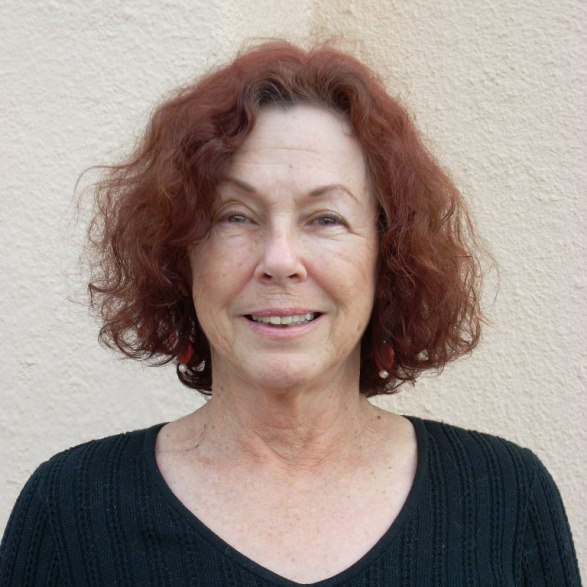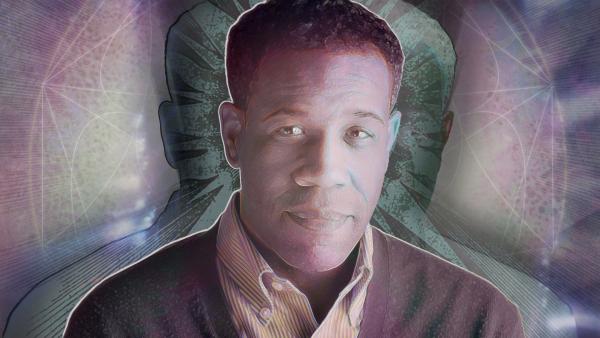 I am in a wheelchair. It’s the first thing that people notice about me—unless, of course, they’ve been hypnotized by my haunting blue eyes. But excluding that surprisingly uncommon occurrence, those who focus on my disability might conclude that my life is more difficult than the average bear. But actually, sometimes, I have it too easy.
I am in a wheelchair. It’s the first thing that people notice about me—unless, of course, they’ve been hypnotized by my haunting blue eyes. But excluding that surprisingly uncommon occurrence, those who focus on my disability might conclude that my life is more difficult than the average bear. But actually, sometimes, I have it too easy.
Strangers praise me for maneuvering my chair successfully in public without plowing down innocent bystanders or careening into walls; they praise me for smiling or laughing; they praise me for being able to maintain a job and my own apartment without parents to look after me, or they praise me for making attempts at humor, even if I use bottom-of-the-barrel puns or the spare Dad Joke.
“You’re so amazing,” they tell me. “You’re really just…something.”
I smile and say thank you. But inside, I don’t know how to feel exactly. When I articulate this ambivalence to friends, some tell me I should be angry. I’m being condescended to and, dammit, I need to make the person understand how wrong that is! Or else, they tell me I should be pleased, as the person is simply trying to be kind—and besides, my friends go on, maybe they’re used to people with disabilities who just can’t do what I can do!
Neither reaction suits me. Frankly, I don’t have the desire or will to be angry about every accidental slight, especially when such compliments arise out of a desire to be kind. Or perhaps people imagine particular tasks or good humor would be nearly impossible for them if they were suddenly in my wheels—I’m sure that would be difficult. But only at first. For me, everyday tasks in my wheelchair are simply everyday tasks. Should I really believe the most trivial of accomplishments are the exception rather than the rule for people with disabilities? Shouldn’t our assumptions err less on the side of being surprised by ability?
There is a flip side to this scenario.
At the Senior Awards Night when I was in high school, I took home three of the top awards. One voted on by my peers and instructors as that year’s Best Girl, one for Excellence in English Studies, and one for Excellence in Social Studies. Years of hard work were finally being publicly recognized! But that night, my friend, toting two of his own awards, said, “I mean, of course the girl in the wheelchair won the Best Girl trophy.” I looked to my then-boyfriend for support, but he simply laughed and said, “I mean, you know why they voted for you.”
They were teasing me, but beneath their smiles I felt a jab. I wanted to fight their claims. I wanted to remind them how hard I worked—that I was 4th in our class because I loved school and learning, that they couldn’t diminish my accomplishments with the suggestion that it was unearned simply because I am disabled. But my arguments died in my throat. Maybe, I thought, they were right.
That same year, I won a full-ride scholarship to an Indiana university of my choosing. As part of the application process, I was required to write an essay about any barriers to my education that I’d successfully overcome. I wrote about my disability and the number of school days I missed for health reasons. I wrote about the time the school administration tried to keep me from enrolling in the Honors block for fear I couldn’t keep up with its academic rigors. And I wrote about the encouraging teachers and mentors who called me special without it being code for handicapped.
Again, there were those who said the scholarship was given to me simply because I’m disabled—because I have a story to tell. But it’s not a story I parade around like a show horse when it suits me. My disability comes up again and again in my work because the car accident that left me paralyzed is the lens through which much of my life has been focused. It is an integral part of who I am.
A friend of mine recently told me she once opened the door for a woman in a wheelchair and the woman yelled at her for doing so, for assuming she couldn’t do it herself. Such a reaction is almost unfathomable to me, to repay kindness with rudeness rather than with appreciation or even a gentle correction. I never want to be like that woman; I never want my words to paralyze someone into inaction. I merely wish to acquaint others with one aspect of my experience.
I want others to know the questions I ask in regards to my life and to my writing that don’t seem to have good answers. Like how can I ever really “earn” something important when even the smallest accomplishments elicit praise? Or how many of the accolades I receive are simply because the bar for someone with a disability is so ridiculously low that even I could jump it? And even if those accolades have nothing to do with my chair, will there always be those who are ready to cast their doubts upon my worthiness?


